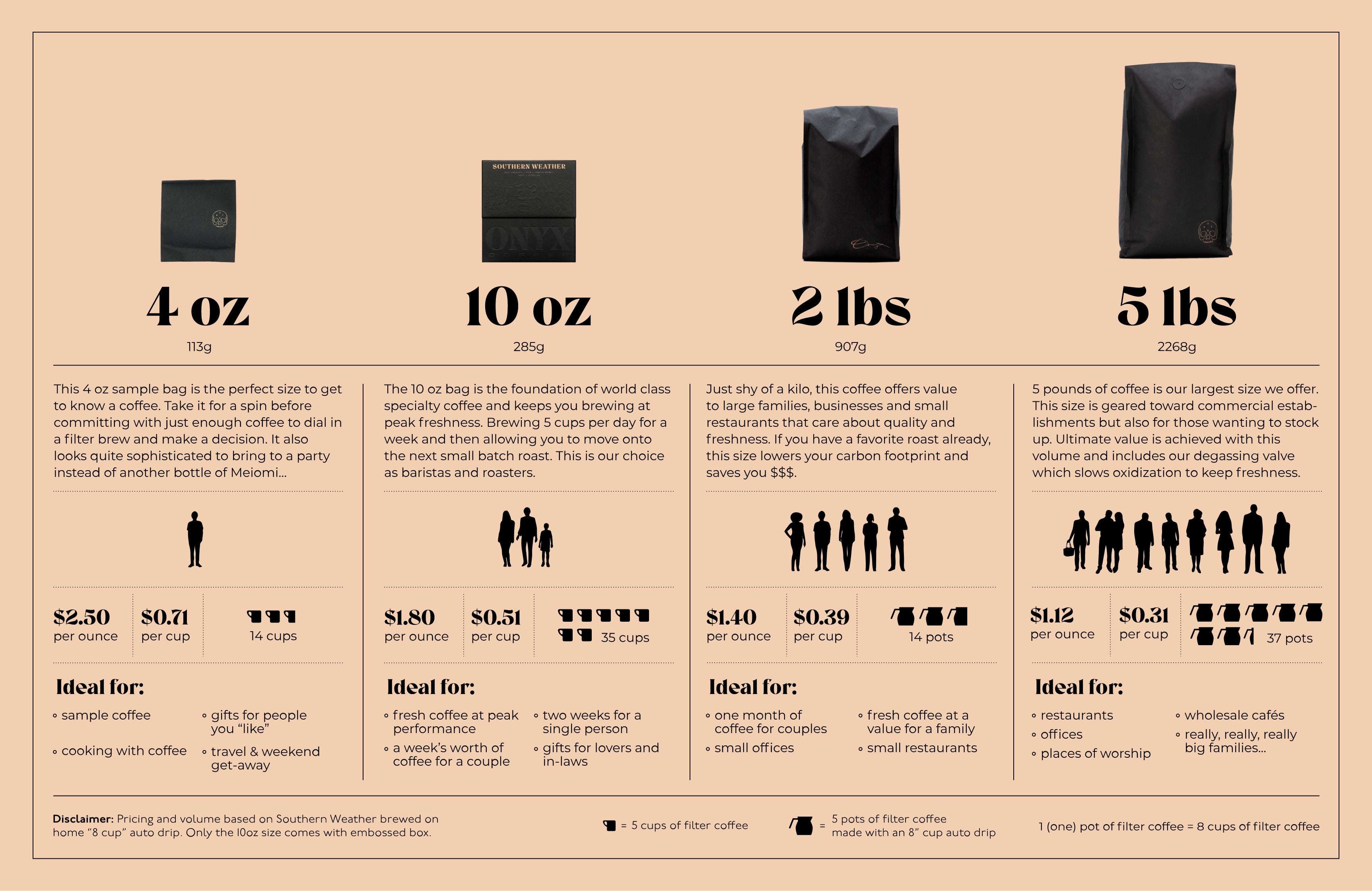Story
Forest Coffee consists of a pair of Colombian brothers who not only produce coffee, but also source and develop coffee across the country. With a network of over 150 coffee farmers from all regions of Colombia, the Bayter brothers are sourcing wild and innovative coffees all across Colombia. This Pink Bourbon was purchased from them during a visit to their farm, El Vergel in Tolima. Throughout the visit, they put coffees on the table they source alongside coffees they grow. This natural processed Pink Bourbon variety won us over with it’s vibrant acidity and it’s wild fruited character. Grown in Acevedo, this coffee is produced by Eduardo Muñoz Tulcan at 1700 meters. Like other high elevation grown Pink Bourbons, this coffee is bright and tart, owing to expert processing combined with accurate and well planned agronomy practices.
PINK BOURBON
This is a very recently discovered variety found in Acevedo, Huila. Pink Bourbon, or Borbón Rosado, is touted as a hybridization of Red and Yellow Bourbon. On the cupping table, this variety can sometimes be mistaken for an Ethiopian coffee, with its floral notes and it’s delicate tea-like nature. Since it is a new discovery, little research has been done to confirm it’s background or origin story, but that has not stopped it from exploding in popularity both with roasters and producers. While it’s less rare that it once was, finding an extremely high quality Pink Bourbon offering is just as difficult, due to its specific growing and picking requirements. Much like Yellow Bourbon, Pink Bourbon is difficult to identify at peak ripeness. Red Bourbon is much easier, as cherries transition from bright red to deep purple within a matter of a week or more. Pink Bourbon can be much more nuanced than it’s red counterpart, making it difficult to determine the underripe from the mature. With careful picking and processing however, the nuanced nature of Pink Bourbon can be translated into a tremendously delicate and unique cup of coffee.
NATURALLY PROCESSED COFFEE
Natural coffees are beautiful…Okay, natural coffees are beautiful when done properly, but can be equally terrible when things go wrong. Natural processing, or dry processing, refers to the act of drying and fermenting coffee inside the cherry. Long before the age of portafilter tattoos and dual-boiler home espresso machines, coffee was picked and dried this way out of convenience. It is, to this day, still the most convenient and economically friendly way to process coffee cherries. (It’s estimated that dry-processing can use up to 90% less water than the washing process.) So why isn’t all coffee processed this way?
Well, as coffee made its way across the world, it was commoditized and standardized, just like all other products spread by colonialism, but that’s a whole other story... Adding to the boom of washed processing, the natural process method can be tricky to get right, due to the delicate nature of fermentation and drying. What does all this have to do with the final cup? Well, when you leave the skin and fruit of the coffee cherry on the seed throughout fermentation and drying, that fruit begins to break down, imparting esters that influence delicate florals and big fruit notes into the seed that survive the roasting process. If it’s rushed or handled incorrectly, this fruit rot can lend off-flavors to the coffee, making the final cup dirty or ‘fermenty.’ Basically that single cherry begins to slowly decay, and controlling that delicate action through advanced technique and metrics allow us, lucky folks, to drink wonderfully floral and fruity coffees. We have long promoted natural processed coffees, and this Pink Bourbon is just one of the reasons we do.



